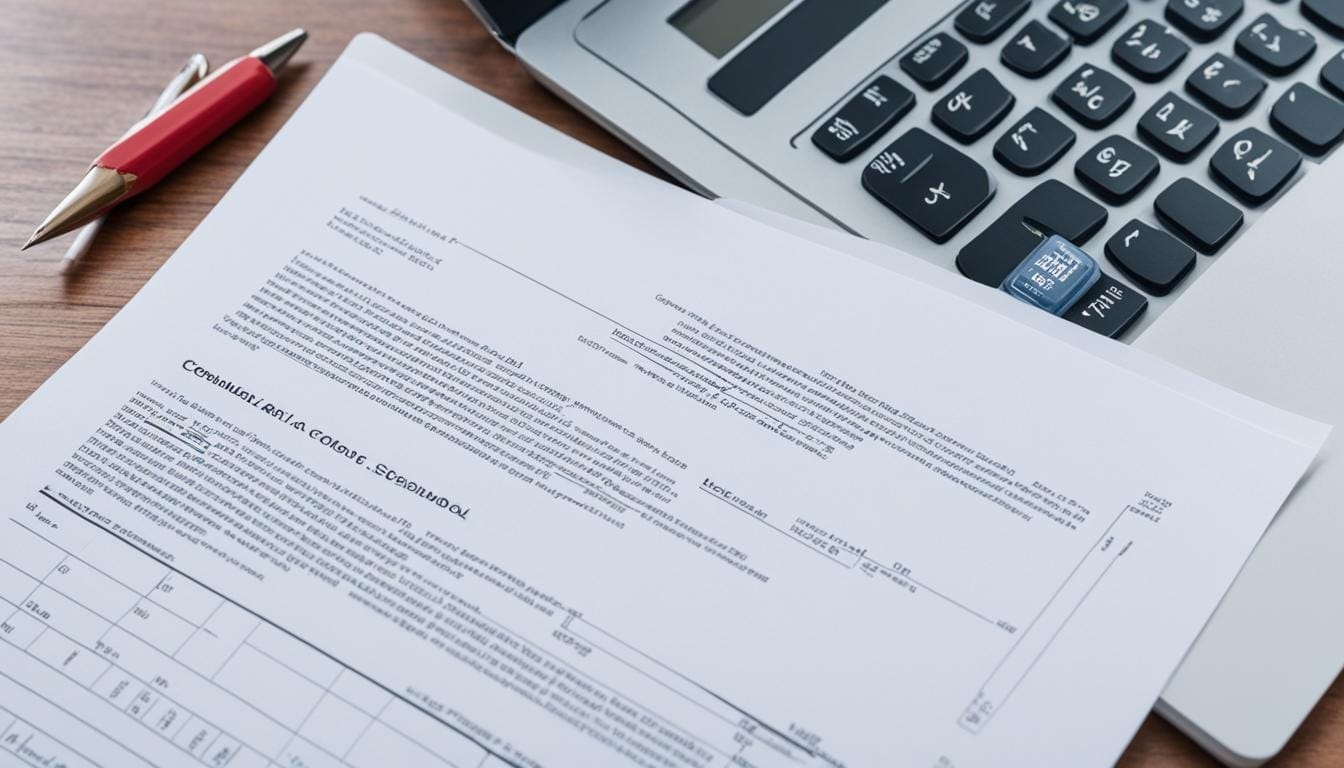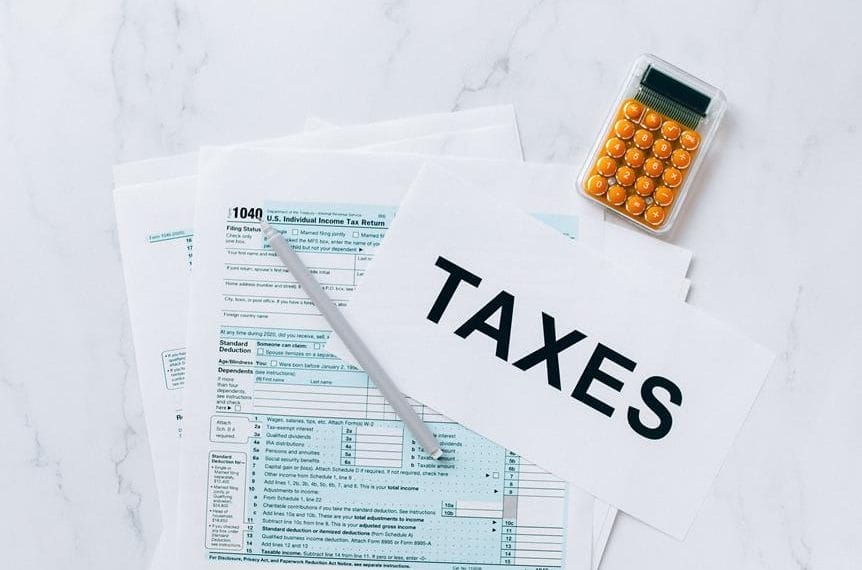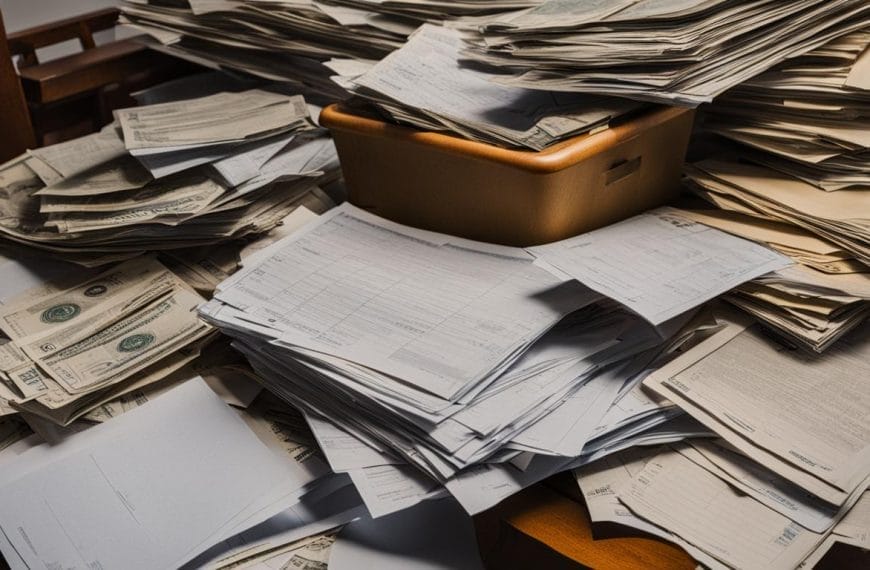Filing for bankruptcy can be a difficult decision, but it doesn’t mean you have to give up everything you own. Understanding the concept of bankruptcy exemptions is crucial to protecting your assets during this challenging time.
Bankruptcy exemptions are laws that safeguard certain assets from being seized and sold to repay creditors. These exemptions differ from state to state and apply to both Chapter 7 and Chapter 13 bankruptcies. In a Chapter 7 bankruptcy, exemptions determine the amount of property you can keep, while in a Chapter 13 bankruptcy, exemptions play a crucial role in determining your repayment plan.
By utilizing bankruptcy exemptions, you can safeguard essential property and navigate the bankruptcy process more effectively. To learn more about bankruptcy exemptions and how they can help you, continue reading our comprehensive guide.
Bankruptcy Exemptions: What Are They?
Bankruptcy exemptions are laws that allow individuals filing for bankruptcy to protect essential property from being taken by the bankruptcy trustee. Exemptions can be federal or state-specific, and the amount and type of property that can be exempted vary by state.
Common exemptions include:
- Homestead Exemption: Protects your primary residence
- Vehicle Exemption: Protects your car
- Personal Items: Exemptions for personal belongings and household goods
- Wage Exemption: Protects a portion of your wages from being seized
- Retirement Account Exemption: Exemptions for retirement accounts
It’s important to understand the specific exemptions available in your state when filing for bankruptcy. This ensures that you can protect the property that is essential to your daily life and financial well-being. Whether it’s your home, vehicle, personal items, or retirement savings, having a clear understanding of the exemptions can help you navigate the bankruptcy process more effectively.
Chapter 7 and Chapter 13 Bankruptcy: How Do Exemptions Work?
In a Chapter 7 bankruptcy, exemptions play a crucial role in determining what property you can keep. These exemptions are essential in protecting your assets from being liquidated to satisfy your debts. If the value of your exempted assets is greater than the total amount of your debts, the bankruptcy trustee won’t sell your property. However, if the value of your assets exceeds the allowed exemption, the trustee may sell the asset to repay your creditors.
Chapter 13 bankruptcy, on the other hand, offers a different approach. Instead of liquidating your assets, Chapter 13 allows you to keep all your property while establishing a debt reorganization plan. This plan, approved by the bankruptcy court, enables you to repay your debts over a specified period, usually three to five years, based on your income and expenses.
Exemptions are still significant in Chapter 13 bankruptcy as they determine the amount you need to repay your creditors under the debt reorganization plan. The exemptions help calculate your disposable income, which is the income available for your repayment plan after deducting allowed expenses and secured debts.
Chapter 7 Bankruptcy Exemptions
- Homestead exemption: Protects the equity in your primary residence.
- Vehicle exemption: Shields a certain value of your car or other vehicles from liquidation.
- Personal property exemption: Covers household goods, clothing, furniture, and other essential personal items.
- Wildcard exemption: Allows you to protect a specific dollar amount of any property.
- Retirement account exemptions: Safeguards funds held in qualified retirement accounts, such as 401(k)s and IRAs.
Chapter 13 Bankruptcy Exemptions
- Same exemptions as Chapter 7: You can usually keep the same exempt property in a Chapter 13 bankruptcy as you would in a Chapter 7.
- Additional exemptions: Some states offer additional exemptions specifically tailored for Chapter 13 bankruptcies, such as tools of trade exemptions or specific provisions for homeowners.
Understanding how exemptions work in both Chapter 7 and Chapter 13 bankruptcies is crucial for protecting your assets and determining the best bankruptcy option for your financial situation. Consult with a bankruptcy attorney to navigate the complex process and ensure you make informed decisions.
| Chapter 7 Bankruptcy | Chapter 13 Bankruptcy |
|---|---|
| Assets can be liquidated to repay creditors if exceeding allowed exemptions. | All assets can be kept while adhering to the debt reorganization plan. |
| Exemptions determine the amount of property you can retain. | Exemptions help calculate your disposable income and repayment plan. |
| Can result in a quicker resolution, typically within a few months. | Requires a debt repayment plan lasting three to five years. |
Conclusion
Filing for bankruptcy can be a challenging process, but it doesn’t mean you have to lose everything. Bankruptcy exemptions are in place to protect essential property and give individuals a chance for a fresh start. Understanding the specific exemptions available to you based on your state’s laws and the type of bankruptcy you file is crucial.
Utilizing these exemptions effectively can help you navigate the bankruptcy process while safeguarding your important assets. Whether it’s your primary residence, vehicle, or personal belongings, bankruptcy exemptions aim to preserve the necessities that allow you to continue functioning in society.
When considering bankruptcy, it’s important to consult with a bankruptcy attorney or debt relief counselor who can guide you through the process. They can help you maximize your exemptions and make informed decisions that will lead to the best possible outcome for your financial future.
Bankruptcy may seem daunting, but it offers a chance for a fresh start. By leveraging bankruptcy exemptions and seeking professional guidance, you can protect your property, gain a financial fresh start, and move towards a more stable and secure future.













